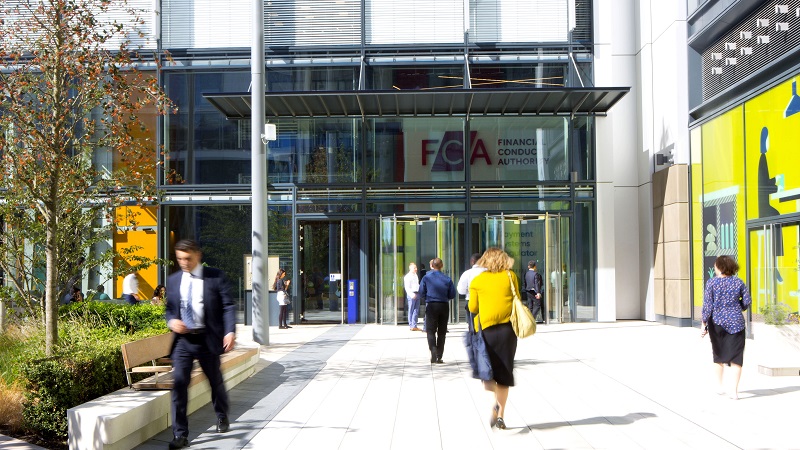The Financial Ombudsman Service (Fos) has asked the Financial Conduct Authority (FCA) to recover £83.9m through its general levy in 2020/21 – an increase of £38m from the previous year.
The Fos said it has “significantly” revised its funding arrangements for the coming year since consulting on them in December 2019.
The changes are due to a combination of targeted interventions to help smaller firms through the Covid-19 crisis, and broader steps to benefit all firms that contribute to its funding, the FCA said.
Fos said about 30% of the service’s income will come from the levy, up from 15% the year before, but noted this figure is lower than the 40% previously envisaged in its budget consultation.
The Fos general levy is payable by all firms authorised or registered by the FCA, even those that have not had any cases referred to the service.
Personal Finance Society chief executive Keith Richards said: “Calls for recompense are expected to increase during this period, so it is understandable that the levy for the Financial Ombudsman Service and Financial Services Compensation Scheme is still going up during this economic crisis, however this will place an additional burden on the firms that continue to operate and help consumers fearful for their financial future.”
Minimum fees frozen for small firms
Elsewhere, the FCA’s overall annual funding requirement (AFR) will increase by 5.2% in 2020/21 to £587.6m.
This includes its ongoing regulatory activities (ORA) budget for the year of £548.5m, an increase of 2% from the current year. It also includes £14.1m of costs to cover its changing regulatory responsibilities, £15m for EU withdrawal costs and £10m to support the FCA’s transformation programme.
As a result the regulator has proposed to increase the 2020/21 flat fees by 2%.
But it said given the impact of Covid-19 it is proposing to freeze minimum fees for the smallest firms for the next year. This means that the 71% of firms that are small enough to only pay minimum fees will see no change.
The regulator is also extending the period for medium and smaller sized firms to pay their fees by two months to 90 days. It said this means 89% of firms will have until the end of 2020 to pay their fees and levies.
But larger firms will be expected to pay their fees under the usual payment terms.
High risk, illiquid investments under the spotlight
Elsewhere, the regulator is consulting on whether there is industry support for undertaking a communications campaign to tackle areas where it sees real risk of consumer harm. This would have a particular focus on retail investments and the harm caused by fraudulent and high risk illiquid investments.
FCA interim chief executive Chris Woolard said: “In a matter of weeks, coronavirus has altered the UK’s financial landscape dramatically. At times like this it is more important than ever that the FCA leads the way on the protection of consumers, firms and the markets.”











